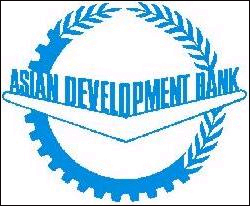
Accountability refers to the principle that individuals or organizations are responsible for the results of their actions against agreed-upon standards or commitments, and that they are obliged to explain those results to their stakeholders.
More effective ADB’s two-phase Accountability Mechanism makes ADB more responsive to people with complaints about ADB-financed projects
In the Asian Development Bank, accountability is used in several different contexts: accountability of the institution toward its shareholders, accountability of executing agencies for the projects financed by ADB, accountability toward project-affected people, and the internal accountability of management and staff members for the responsibilities given to them.
Increasing accountability and transparency in the multilateral development banks (MDBs) can be a slow process, and ADB at times has been criticized for not making sufficient progress. However, ADB is working hard to improve and has taken major steps in recent years. They include a quicker and less cumbersome Accountability Mechanism, a more prominent role for the Integrity Division of the Office of the Auditor General, the reporting of the Operations Evaluation Department directly to the Board of Directors, an ambitious new public communications policy that offers unprecedented access to information, and measures to ensure accountability among staff.
See full Article.



